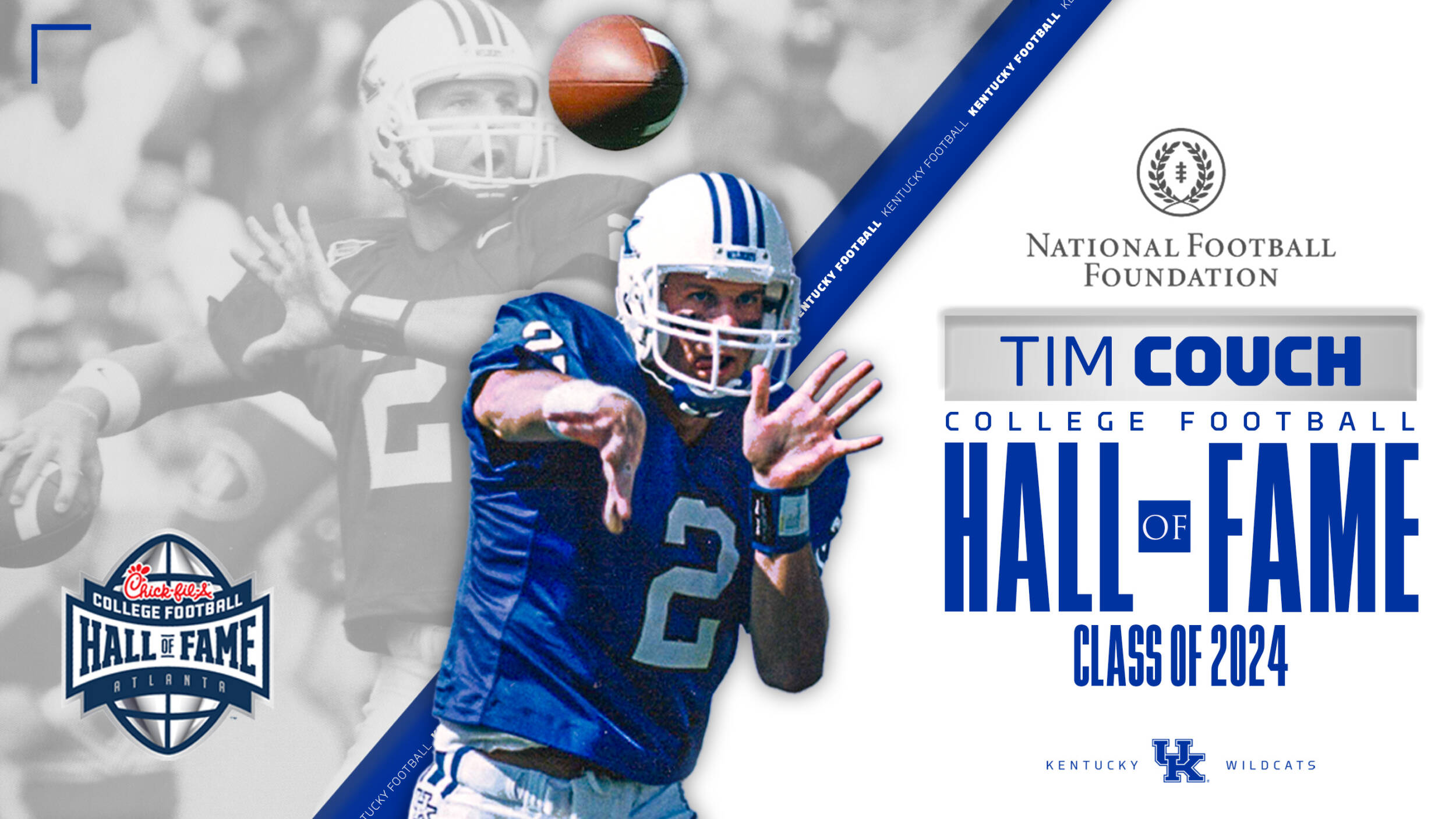Being stuck on an island alone can be scary for anyone. Surviving on an island by yourself in the open waters of a college football field can be downright terrifying, especially when the ball is in the air.”I think that’s probably one of the hardest plays in football is having a man one-on-one,” junior cornerback Randall Burden said. “When you’re pressing a guy and he beats you on a deep ball, you just pray and hope he doesn’t catch it.”Welcome to the worlds of Martavius Neloms and Burden. In an effort to shore up a leaky run defense that was giving up nearly 190 yards per game entering last week, the Kentucky football coaching staff decided to put its cornerbacks on an “island” from time to time to free up extra players in the box.The so-called island is short for one-on-one coverage.Defensive coordinator Steve Brown said they haven’t emphasized one-on-one coverage anymore this year, but there were multiple plays last week where cornerbacks Burden, Neloms, junior Anthony Mosley and sophomore Cartier Rice were by themselves on the outside.”(We) kind of really put them on a big-time island last week because we really wanted to stop the run in certain situations where you necessarily wouldn’t have to be (in one-on-one),” Brown said. “We were committing nine to the run a lot of times in certain personnel groupings.”The plan worked, as UK held Akron to just 67 rushing yards and 105 passing yards (on 6-of-24 attempts), but Brown expects Florida to test the pass defense more this week, especially after some near misses in coverage against Akron.On three different occasions last week, an Akron receiver broke free of the Kentucky coverage and ran wide open on a deep pass. Kentucky dodged bullets all three times as the Zips failed to complete the pass by either dropping it, overthrowing it or under-throwing it.”(Teams are) going to come after them for the next eight or nine weeks we have left,” Brown said. “It’s always good to have a lesson learned after a victory. It could have been ugly had they completed some of those balls. But you’ve got to learn. We’ve got a lot of different guys playing. We’ve got to put that in the memory bank.”Even if the secondary has been largely untested (UK’s three opponents have thrown the ball 68 times for 28 completions), the pass defense has been very good in the wake of former standout Trevard Lindley’s departure for the NFL. Teams don’t hold opponents to 109.67 yards per game, ranked fourth nationally, just because the other teams are emphasizing the run.A defense without Lindley was frightening to imagine for many UK fans when Lindley and cornerback Paul Warford went down before the South Carolina game last year. The Gamecocks carved up Kentucky’s pass defense for 233 yards and three touchdowns through the air against the likes of first-year players Neloms and Rice. But the trial by fire last year might have actually benefited the Cats in the long run. Kentucky’s young corners received invaluable experience that is paying dividends this season.”You can practice all you want out here and you can give guys repetitions out here all you want, but it really doesn’t matter until you get in the game,” Brown said. “It’s a different setting and a different environment. To have those guys have the ability to go and experience what they had to experience – good or bad – during the course of a game is vital for their development.”Allowing a cornerback to cover one-on-one gives a team more players to load in the box to stop the run. UK would like to continue to do that this week to slow the run offense of the Gators, but Brown said they won’t be able to do that nearly as much against quarterback John Brantley and the speed receivers of Florida.”We’ll be able to play some zone coverage and some things and get people to see the ball and do things,” Brown said. “We’ll do some things so the corners don’t always feel like they’re on an island. We’ve got to find out where (Jeff Demps) is all the time, and if they throw the ball, they’ve got a lot of guys they can throw it to. We’ve just got to play assignment football.”As a former collegiate and NFL cornerback, Brown was asked if he liked the challenge of playing one-on-one with a receiver.”It just depends,” Brown said. “Man is one thing where you’ve got help. Man with no help is a scary feeling. … (But) there are times where you’ve just got to earn your wages and play.”Though it can be a tall task defending some of the nation’s best receivers in the Southeastern Conference one-on-one, Burden said they sometimes relish for the opportunity.”It gives us a lot of confidence knowing that (the coaching staff) is putting a lot of trust in us to keep our guy from catching the ball and scoring a touchdown,” Burden said. “That really brings our confidence up.”



